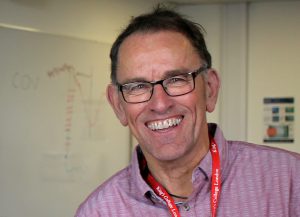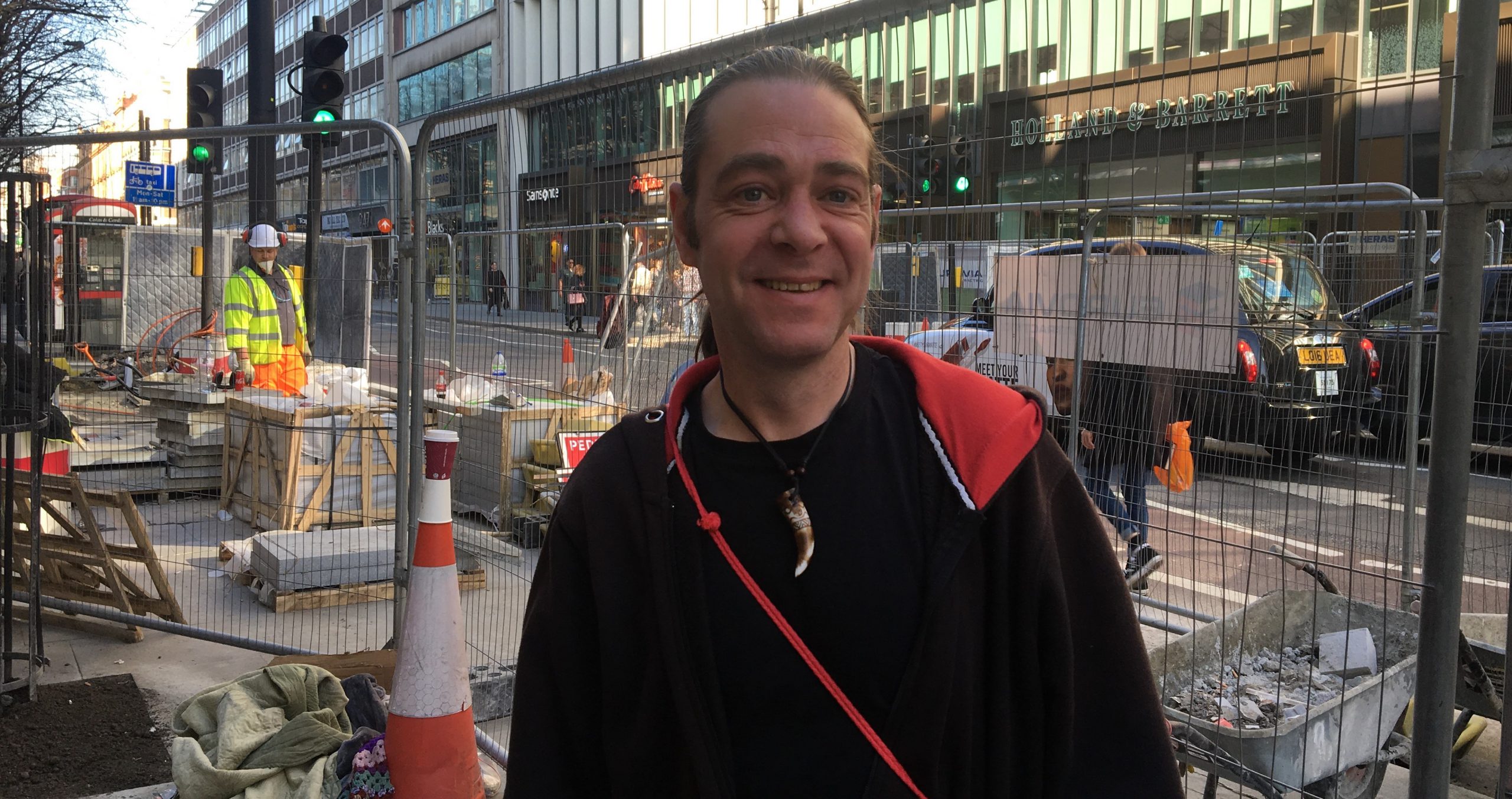Dr Kalpa Kharicha is Senior Research Fellow at the NIHR Policy Research Unit in Health and Social Care Workforce in the Policy Institute at King’s College London. She led the Unit’s Visa Study, the report from which was published in October 2023. (679 words)
Internationally recruited care workers made the biggest contribution to reducing vacancies in frontline adult social care in England during 2022-3; 70,000 people came to the UK to work in a direct social care role. During this time the number of domestic recruits to care work fell. Vacancies in social care are currently at 152,000.
The increase in international care workers follows changes to government immigration policy in recent years. In particular, the addition of ‘Senior care workers’ and ‘Care workers’ to the shortage occupation list (on 27 January 2021 and 15 February 2022, respectively) allows people from other countries to apply for these jobs, with a licensed UK employer and if eligible for a Health and Care Visa.
Recent announcements on immigration policy mean that from early 2024 (exact date to be confirmed at time of writing), Health and Care Visa holders arriving in the UK after that time will no longer be able to bring their dependants with them Health and Care Visa holders who are already in the UK can bring dependants whilst on their current visa.
As part of our recent research to understand the impact of the Health and Care visa system on the adult social care workforce in England, we spoke to 29 internationally recruited care workers and dependants, as well as 22 social care providers, 8 brokerage agencies and 15 sector skills experts, who shared their views and experiences with us. Continue reading

